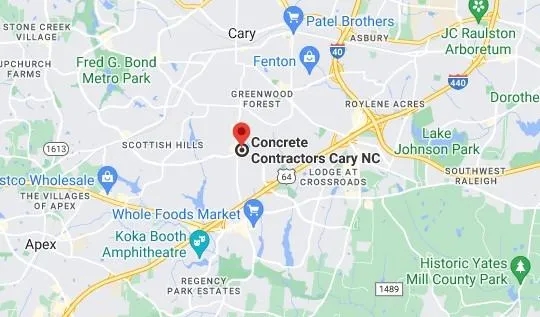FAQS
Q: What does a concrete contractor do
A: A concrete contractor builds structures from concrete, often handling every step of the process from mixing ingredients to building the retaining structure to pouring and settling the mix. This individual or team supervises delivery and pouring to ensure that it’s done correctly.
Q: What is a concrete contractor called?
A: A concrete finisher is a skilled tradesperson who works with concrete by placing, finishing, protecting and repairing concrete in engineering and construction projects. Concrete finishers are often responsible for setting the concrete forms, ensuring they have the correct depth and pitch.
Q: What should I expect from a concrete contractor?
A: Questions to Ask a Concrete Contractor
How much experience do you have? …
Do you have a portfolio of pictures of your previous work? …
Can you provide references? …
What is your schedule like? …
How long will my project take? …
Will, you need to obtain permits for my project? …
Will you be reinforcing the concrete with a rebar?
Q: What makes a good concrete driveway?
A: Uniformity is the secret to a successful subgrade-one in both soil composition and compaction, providing adequate protection, maintaining even slab thickness, and preventing slab settling and structural cracking. Weak spots, such as dirt or crushed rock, should be removed and replaced with stronger material.
Q: What makes a good asphalt driveway?
A: Adequate foundation. Preparing an adequate foundation includes having a solid subgrade and building a strong aggregate base. …
Proper drainage. Another key point is proper drainage. …
Appropriate materials. It is important to use the right asphalt mix. …
Maintenance.
Q: How thick should a concrete driveway be?
A: four inches
As for thickness, non-reinforced pavement four inches thick is standard for passenger car driveways. For heavier vehicles, a thickness of five inches is recommended. To eliminate standing water, the driveway should be sloped towards the street a minimum of one percent, or 1/8 inch per foot, for proper drainage.
Q: Do you put rebar in the concrete driveway?
A: Rebar is best used in a driveway for which 5-6 inches of concrete can be poured. This is because rebar is comparatively thicker than galvanized mesh reinforcement. The proper way to use rebar reinforcement is to ensure that it is laid in the center or slightly above the center of the slab’s thickness.
Q: How much does concrete patching cost?
A: The average cost to fix a concrete driveway ranges between $500 to $1,100, with the average homeowner spending $800 to resurface a 250 square foot area, including labor and materials.
Q: Can cracked concrete be repaired?
A: Wide cracks in concrete are best patched and sealed with a concrete patching compound. Smaller cracks, less than 1/4 inch wide, can be repaired with a concrete caulk or liquid filler. Patching compounds typically are mixed with water and applied with a trowel.
Q: Can you fix concrete after it dries?
A: These are the 4 steps in how to smooth concrete after it dries: Remove all imperfections on the surface. Vacuum up all debris and apply the adherent. Apply a new layer of concrete.





